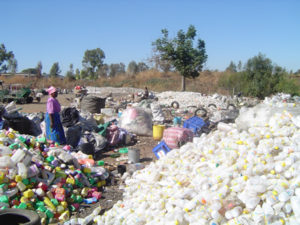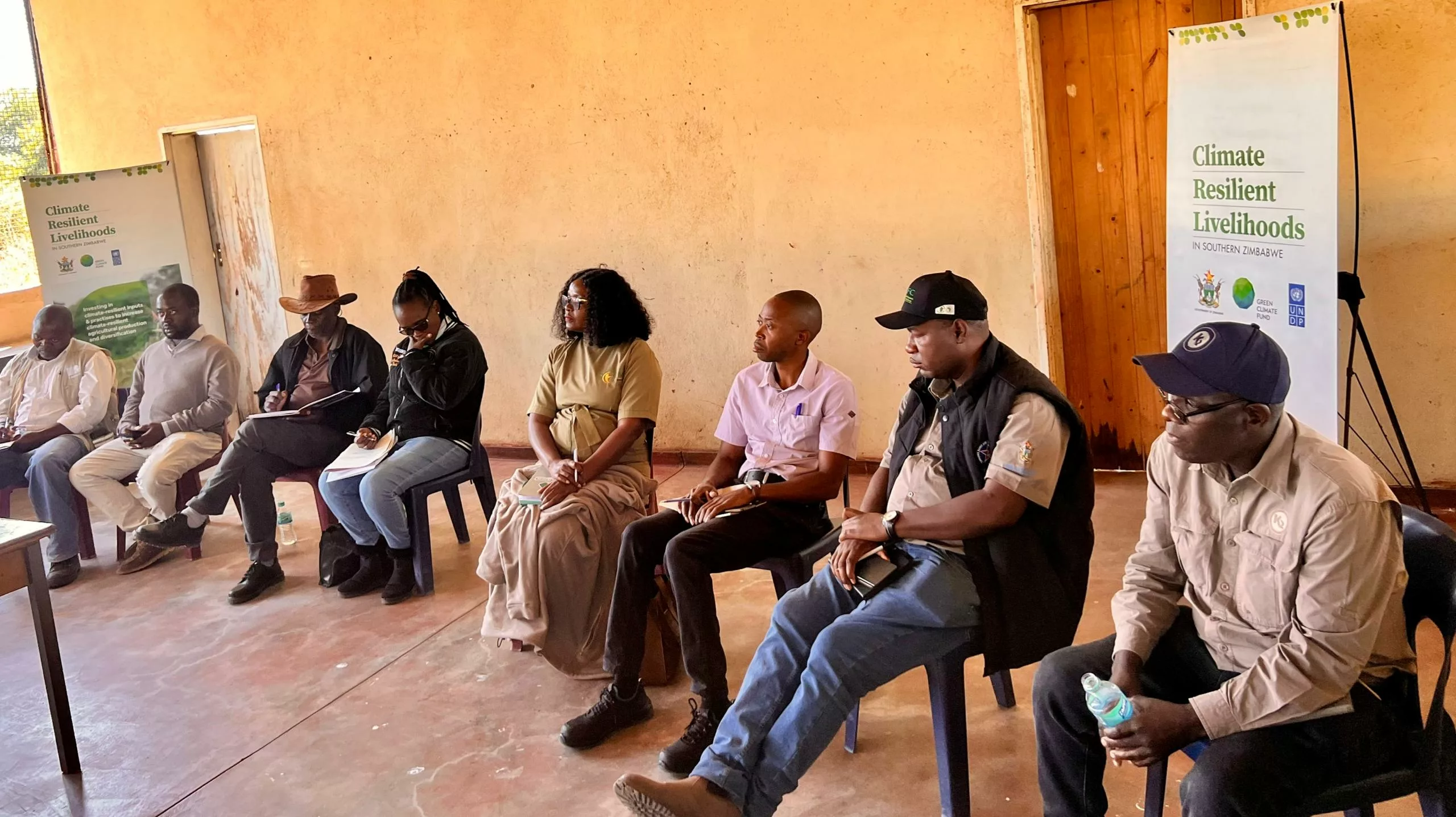Problem Masau
Local councils are failing to collect refuse from companies and residential areas through out the country. Roadsides and streets have been turned into dumping sites and other people have resorted to burning or burying the litter.
Residents in Highfield suburb said they have resorted to making composite with the litter, but the problem is plastics which are the major refuse in most households, do not easily decompose.
“The city council have been found wanting when it comes to refuse collection, their timetable is erratic as they go for days without collecting the litter and when they do come, instead of warning people that they have arrived, they choose to go motor sporting, leaving many bins uncollected, so we have resorted to making humus with the litter, but the problem is plastic are not easily decomposed and we end up dumping them at the roadsides or in an open spaces,” said Tafadzwa Magwaza, a Highfield resident.
Some of the people as in the case of Yemurai Dande said they have opted to burning the waste. “We burn our waste, but some of the containers are toxic and we end up being choked,” said Dande.
Speaking at the Anti-littering campaign launch, Zimbabwe Urban Environment Waste Management Trust (ZUEWMT) director Misheck Kanotunga said there was a growing concern over pollution due to uncontrolled dumping sites.
“Dumping sites are not being managed properly and we have to make sure we manage them checking how we dump our litter,” said Kanotunga.
Residents of Westlea, where the Harare City council’s dumping site is located have complained about the strong odour which emanates at the dumping site and when the litter is being burnt, the residents are choked by the smoke for days.
“The city father should know how to dispose the litter without affecting us, some of us have asthma and we find it difficult when they are burning the waste,” said one Westlea resident.
Kanotunga added that local authorities were failing due to incapacity, which has prompted his organisation to intervene.
ZUEWMT is a non- governmental organisation formed to establish and co-ordinate community based groups and provide education on recovery, re-use and recycling of waste.
“We are increasingly concerned about it, so we are saying let’s know how to dispose of our waste. This habit of just dumping waste is contaminating our underground water and increasing diseases. Litter emits gases which can be dangerous to both humans and animals,”
“Water borne diseases like typhoid develop. Burning waste is also not safe. The resultant fumes can be toxic and that’s a source of other diseases through inhalation,” he said.
Many people are left perplexed when they hear that either dumping or burning of waste is not good enough for their health and the environment. Some start questioning what should be done in disposing the litter.
Environmental activist with a local non-governmental organisation, Henry Madhiri, said that it is high time the country embarked on massive recycling exercise.
Recycling is processing used materials (waste) into new products to prevent waste of potentially useful materials, reduce the consumption of fresh raw materials, reduce energy usage, reduce air pollution (from incineration ) and water pollution (from land filling) by reducing the need for “conventional” waste disposal, and lower greenhouse gas emissions as compared to virgin production.
Madhiri said that most countries have adopted recycling as the answer to municipalities’ perennial waste problems.
“Japan is a good model of how to successfully recycle litter. Recycling in Japan has provided employment and it’s a $360billion industry,” said Madhiri.
Statistics from Environmental Green showed that by recycling one plastic bottle not only saves anywhere from 100 to 1000 years in the landfill, but also saves the environment from the emissions in producing new bottles as well as the oil used to produce that bottle.
“For every one ton of plastic that is recycled, we save the equivalent of 2 people’s energy use for 1 year, the amount of water used by one person in two months’ time and almost 2000 pounds of oil.
“Today, the most common products in cities recycling programs are paper products, cardboard, plastic, glass and aluminum.
Approximately 60% of rubbish thrown today can be recycled”
“A survey was done and nine out of 10 people surveyed said they would recycle more if it was easier. Odd as it seems, there are many people who do not realise that a plastic bottle our water comes in is made out of oil. This is the same oil that is used to make gasoline. It’s the same oil that is in such high demand and is not an unlimited resource,” said the journal.
Madhiri added that recycling benefits are priceless and urged the government and councils to invest in recycling.
“Recycling approximately one ton of newspapers saves 17 trees. Each ton of recycled paper saves four barrels of oil, and uses 58% less water. Recycled paper production uses 40% less energy than virgin paper production.
Recycled newsprint yields an average of 73% reusable product. This is the result after the ink and moisture are removed.
Sawdust and wood shavings saved from manufactured wood products are recycled into paper grocery bags, corrugated boxes and other products,” Madhiri said.
Secretary for Environmental Journalists Association Wallace Mawire said Zimbabwe can adopt efficient Germany recycling model.
“Germany produces 30 million tons of garbage annually. The Green Dot system has been one of the most successful recycling initiatives, which has literally put packaging on a diet.
“The crux is that manufacturers and retailers have to pay for a “Green Dot” on products: the more packaging there is, the higher the fee. This clever system has led to less paper, thinner glass and less metal being used, thus creating less garbage to be recycled. The net result: a drastic decline of about one million tons less garbage than normal every year,” said Mawire.







